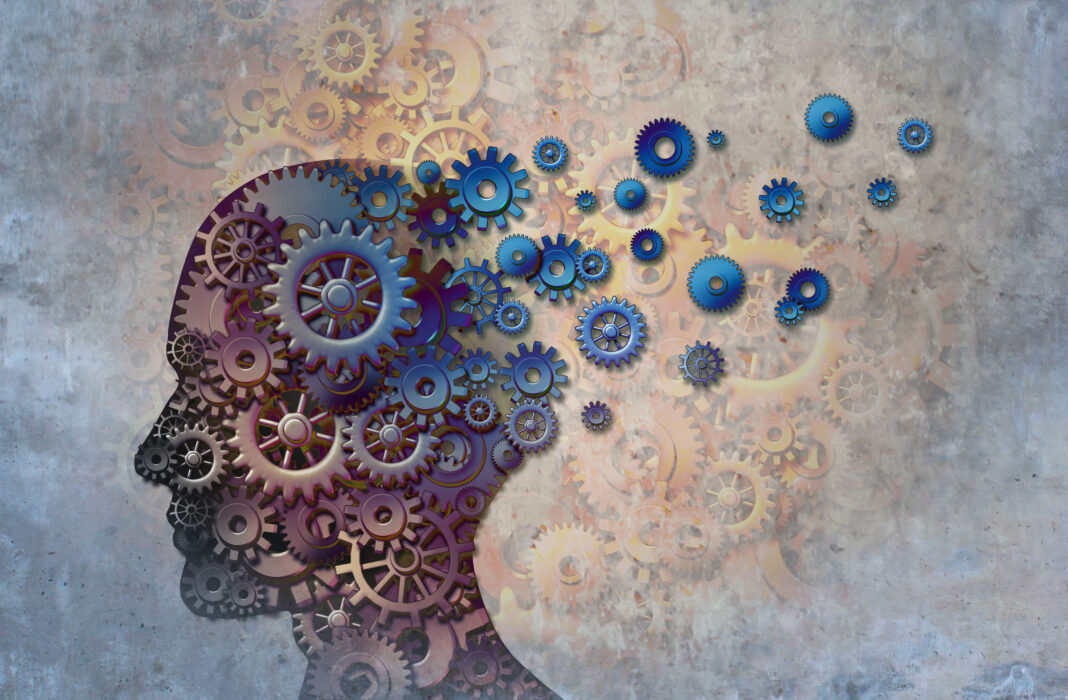Dementia is a progressive condition characterized by a decline in cognitive function that interferes with daily activities. Understanding the symptoms, causes, and care strategies for dementia is essential for both patients and their caregivers as they navigate this complex condition.
Symptoms of Dementia:
Dementia can manifest in a variety of symptoms, including memory loss, difficulty communicating, impaired reasoning and judgment, and changes in mood or behavior. As the condition progresses, individuals may experience confusion, disorientation, and difficulty with tasks such as managing finances or personal care. These symptoms can vary depending on the type of dementia and the areas of the brain affected.
Types and Causes of Dementia:
Dementia is not a single disease but rather a syndrome caused by various underlying conditions. Alzheimer’s disease is the most common cause of dementia, accounting for the majority of cases. Other types of dementia include vascular dementia, which results from reduced blood flow to the brain, and Lewy body dementia, which involves the buildup of abnormal protein deposits in the brain. Less common causes of dementia include frontotemporal dementia and mixed dementia, which involves a combination of multiple underlying conditions.
Risk Factors and Prevention:
Several factors can increase the risk of developing dementia, including age, genetics, and certain lifestyle factors such as smoking, high blood pressure, and lack of physical activity. While some risk factors, such as age and genetics, are beyond our control, adopting a healthy lifestyle that includes regular exercise, a balanced diet, and cognitive stimulation can help reduce the risk of dementia.
Caring for Individuals with Dementia:
Caring for someone with dementia can be challenging, but there are strategies and resources available to help. Creating a safe and supportive environment, maintaining a structured daily routine, and providing assistance with daily tasks can help improve quality of life for individuals with dementia. Caregivers should also prioritize self-care and seek support from healthcare professionals, support groups, and respite care services to prevent burnout and ensure the best possible care for their loved ones.
Conclusion:
Dementia is a complex condition that requires comprehensive care and support. By understanding its symptoms, causes, and care strategies, individuals and their caregivers can better navigate the challenges associated with dementia and maintain a higher quality of life. With early detection, appropriate management, and access to support services, it’s possible to provide compassionate care and support for individuals living with dementia.
Source – mayo clinic



